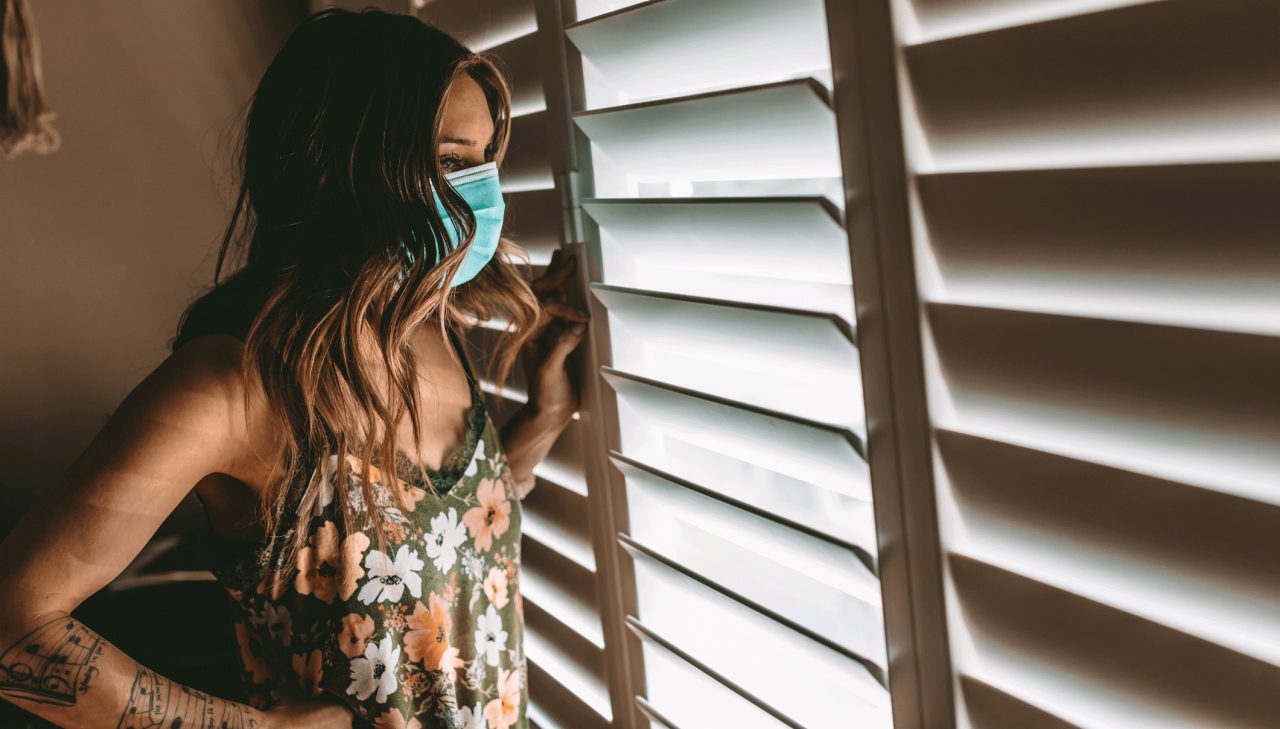Loneliness Affects Young People’s Mental Health for Years

Young people who are lonely may be three times more likely to develop depression. How long you are lonely may be more important than how badly you feel.
Feeling lonely at some point between the ages of 4 and 21 increases your risk of depression or anxiety up to nine years later.
How long you are lonely may be more important than how badly you feel, researchers reported after evaluating data in a review pulling together 60 related studies that covered more than 51,000 people.
They warned that the loneliness from stay-at-home rules during the COVID (coronavirus) pandemic may affect some children long after things open again.
YOU MIGHT ALSO LIKE: COVID-19 Lockdowns Increase Substance Abuse and Domestic Violence
For most children, returning to school or college or other social settings will make loneliness fade. However, young people who were vulnerable to isolation before the lockdowns may have a harder time picking up social ties. Some children may develop anxiety about socializing or being away from a parent.
As soon as possible, children and young people need to be allowed to play together and go back to school, said lead researcher Maria Loades, a senior lecturer in clinical psychology at the University of Bath, in the United Kingdom.
Girls were more likely to become depressed and boys socially anxious, the review found.
Even before the pandemic, surveys were finding that young people were lonelier than any other age group. Research also suggests that loneliness can have some less obvious consequences, for example, interfering with sleep or triggering eating binges, or alcohol, and other drug abuse.
The causes of loneliness
Loneliness is a feeling that arises from your perception of your situation. You might actually have a fair number of people to talk to but think you should have more or wish your relationships were stronger.
It’s common for teens and people in their early 20s to feel misunderstood, sad, or detached. FOMO — fear of missing out — often prompted by photos of groups you weren’t invited to on social media, is so common it’s become a catchword.
You can become lonely because you lose a tie — a friendship or romance ends, or someone you’re attached to dies, changes jobs or schools, or leaves town.
If you feel excluded from a group, even your own family, your self-esteem may fall.
Young people especially may be lonely even when they’re with other people. Teens are forming their identity and may find themselves in a group that doesn’t feel right. They might feel different from their parents in important ways.
Social media has mixed results. During the lockdowns, much social activity has moved to video conferences on a screen. But even before the pandemic, teens were relying heavily on their phones.
In the late 1970s, 52 percent of 12th graders said they got together with their friends almost every day. By 2017, only 28 percent did, according to a study published in 2019.
The percent who said they often felt lonely increased from 26 percent in 2012 to 39 percent in 2017. The seniors who saw their friends mostly on the phone were the loneliest group.
The good side of all this is that feeling lonely can help you develop empathy.
How do young people fight loneliness?
- It helps to be a helper. Volunteer or just be helpful to people you know. Giving releases the bonding-chemical oxytocin.
- Get a pet. Much research demonstrates the value of pets for emotional well-being.
- Notice any conclusions you are drawing from your feelings and question if they are true. Does it make sense to think, “No one will ever like me”? People have liked you in the past and there probably are people who like you right now.
- Think about what triggers your loneliness.
- The arts are healing. Read, listen to music, or watch a movie, and you’ll feel less alone.
- Join a group. Even if you’ve never been much of a joiner, loneliness may be a sign that you need to find a group activity to participate in, even if it’s online during the pandemic.
Updated:
February 05, 2021
Reviewed By:
Janet O’Dell, RN